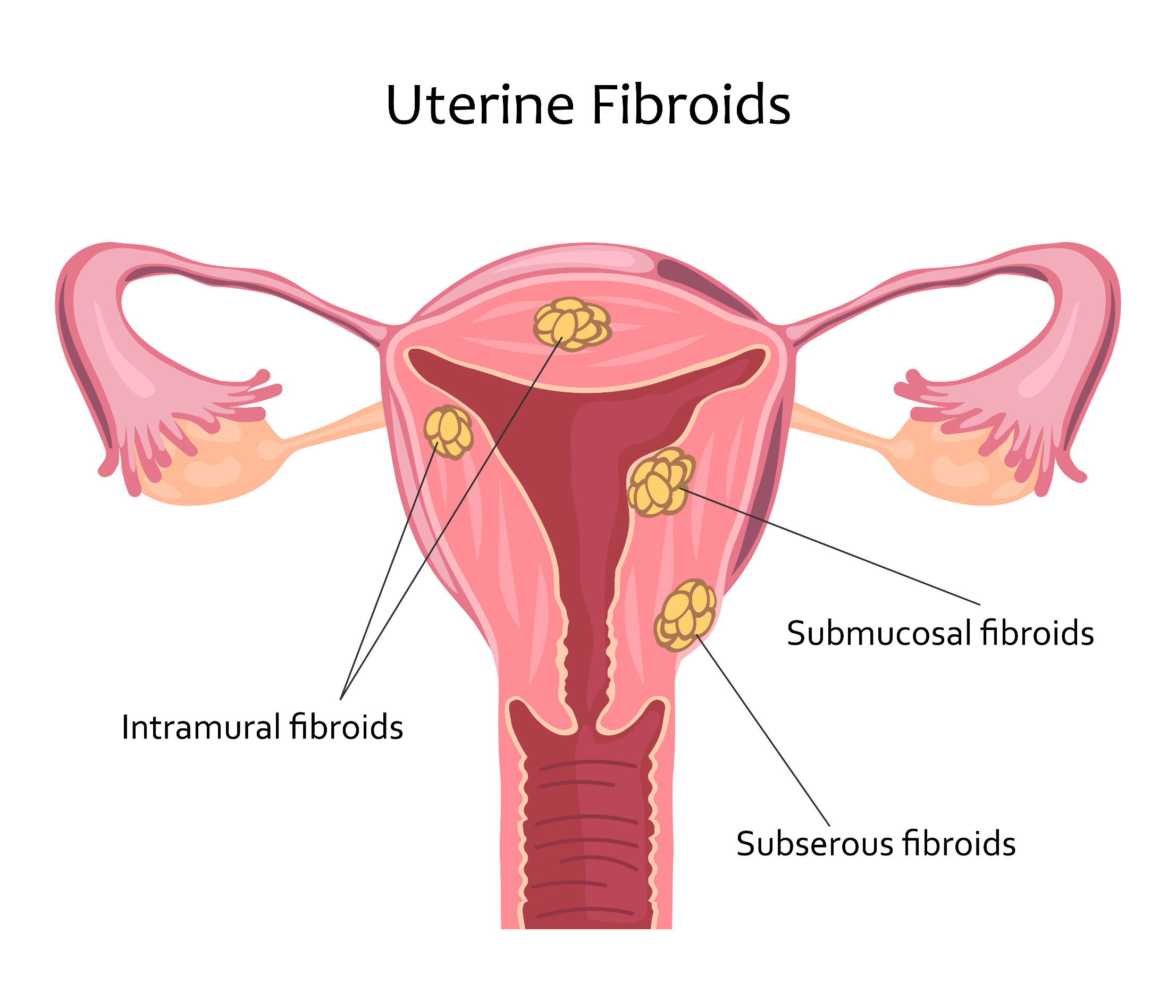Uterine fibroids are benign tumors that grow in or on the uterus and can sometimes cause a great deal of pain and discomfort for the patient. While many women with fibroids do not experience any symptoms, some women may experience a range of side effects, depending on the size, location, and number of fibroids.

The Most Common Symptoms and Side Effects
Fibroids might not involve complications and they aren’t very dangerous in the majority of cases. Moreover, sometimes they could even go away on their own. Nevertheless, uterine fibroids can still be very uncomfortable and difficult to cope with.
Those who have experienced them can tell you that the symptoms will definitely make your life a lot harder and that you should not hesitate to seek medical help from a uterine fibroid embolization Indiana doctor if they don’t improve.
Some common symptoms of uterine fibroids could include:
- Heavy or prolonged menstrual bleeding which is visibly more problematic than a regular heavy period;
- Pelvic pain or pressure often causing discomfort levels that make it hard to deal with daily tasks;
- Back pain – particularly in the lower back region, but possibly also present in other areas;
- Urinary frequency or urgency which might be accompanied by constipation and other stomach-related concerns;
- Painful intercourse or pain experienced during any type of sexual activity.
Complications to Look Out for
Most of the time, uterine fibroids can be treated without the onset of any kind of complication, especially if you visit your radiologist and catch the problem early on. However, in some cases – especially when the condition is left untreated for a longer period of time – uterine fibroids can lead to more serious complications, such as:
- Anemia: Heavy or prolonged menstrual bleeding can lead to iron deficiency anemia, which can cause fatigue, weakness, and other symptoms.
- Infertility: Fibroids can interfere with fertility by blocking the fallopian tubes or affecting the implantation of a fertilized egg.
- Miscarriage: Women with uterine fibroids may be at higher risk of miscarriage, particularly if the fibroids are located in the uterine cavity or affect the shape of the uterus.
- Preterm labor: Some women suffering from fibroids are at higher risk of preterm labor, particularly if the fibroids are large or located nearer the cervix.
If you’re experiencing symptoms of uterine fibroids or are concerned about the potential complications of fibroids, it’s important to speak with a uterine fibroid embolization Indiana healthcare provider. They can help you determine the best course of treatment based on your individual needs and the severity of your condition.
Practical Approaches
Your best choice in most cases is to visit a professional endovascular radiologist who has enough experience in dealing with this type of problem and recommending the correct treatment.
Non-invasive treatments such as MRI-guided focused ultrasound or uterine fibroid embolization will typically be among the most common types of treatment that they might recommend, but depending on how far along the condition is and whether or not you’ve already developed some complications, the treatment could require other approaches as well. In some instances, your doctor might recommend an abdominal surgical procedure for the more efficient and quick removal of the fibroids.
